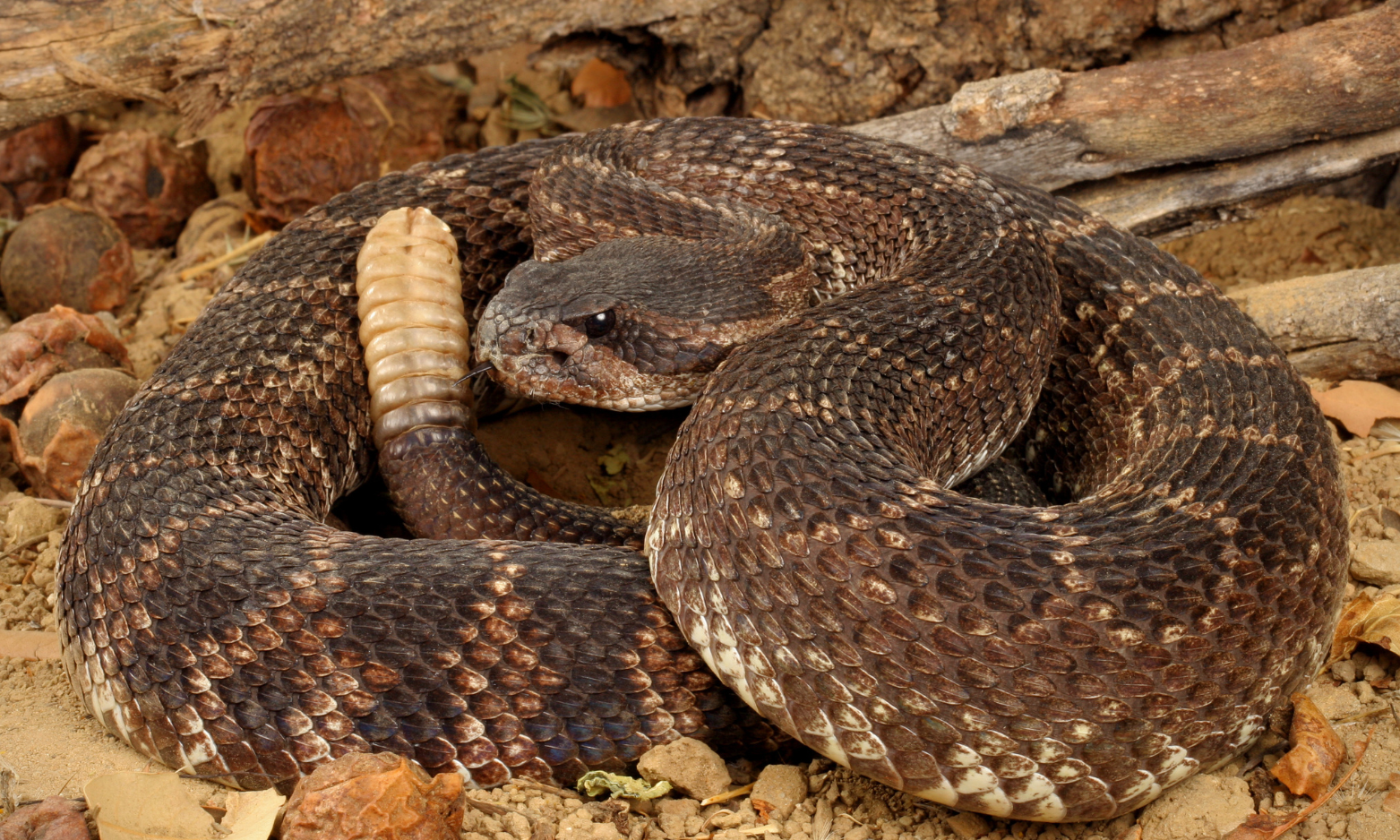
Last spring, I was hiking with my dog, and we encountered a rattlesnake. What can I do to protect my dog from rattlesnakes? What should I do if a rattlesnake bites my dog?
To answer this question, I’ll provide some basic background information on rattlesnakes and their bites and then discuss the rattlesnake vaccine.
About rattlesnakes
People and dogs will most frequently encounter rattlesnakes between April and October. They are most active in the spring when they come out of hibernation. They are not overly aggressive towards dogs or people but will strike out when provoked as a defense mechanism. Northern California has one type of rattlesnake, the Northern Pacific Rattlesnake.
What happens if a rattlesnake bites my dog?
The site around the bite wound swells up quickly as the venom causes severe damage to the skin, muscles, and nerves. Once the venom gets into the bloodstream, it can lead to problems with blood clotting and cause damage to internal organs. Rattlesnake bites can cause death. Approximately 20-25% of rattlesnake bites are “dry,” meaning no venom is injected into the bite. However, it is not easy to determine if your dog received a “dry” bite or one with venom.
Rattlesnake bites can cause severe swelling.
Rattlesnake bites look like two parallel wounds that may or may not bleed. Snakes most frequently bite dogs on their face, neck, or extremities. Venomous snake bites can cause extreme pain, swelling, cell death (tissue necrosis), clotting problems, and infection. Often, many dogs we see that a rattlesnake has bitten end up hospitalized for a day or two and on some form of morphine because of the extreme pain. If you think a rattlesnake has bitten your dog, seek veterinary care as soon as possible.
The good news - a vaccine!
There is a vaccine for dogs against rattlesnake venom. The vaccine stimulates the dog’s immune system to make antibodies against the venom so that, if bitten, the dog will have a less severe reaction to the venom. Possible side effects from the vaccine include a lump at the vaccination site that goes away after a few weeks, flu-like symptoms, or an allergic reaction. The vaccine is not made specifically for the Northern Pacific Rattlesnake. However, the vaccine still provides a level of protection to dogs if bitten because of similarities between the venoms.
Should my dog get this vaccine?
The rattlesnake vaccine is NOT a core vaccine recommended for all dogs. We suggest this vaccine for dogs that may encounter a rattlesnake. For example, dogs with rattlesnakes in their yard/environment or go hiking, hunting, or camping are good candidates for this vaccine. The first time a dog receives the vaccination against rattlesnake venom requires two vaccinations three to four weeks apart. After that first year, dogs get a booster once a year in the spring. The vaccine gives a dog’s immune system an enormous head-start in responding to and protecting a dog from the harmful effects of rattlesnake venom. However, we still recommended that any dog bitten by a rattlesnake, even if vaccinated, be immediately brought to a veterinary hospital. Further treatment, although abbreviated and far less costly than would otherwise be needed if a dog weren’t already immunized, is still required for some bitten dogs.
Tips to avoid rattlesnake bites
- Never wear sandals when walking in wild areas.
- Keep your dog on a leash while hiking.
- Do not allow your dog to explore holes or under logs.
- Avoid tall grass, weeds, or underbrush where the snakes may hide.
- Step on large logs and rocks, not over them, to see what is on the other side.
- Don’t grab “sticks” or “branches” floating in the water; rattlesnakes can swim.
- Never hike alone in case of an emergency.
- Do not handle a freshly killed snake -- the fangs can still be venomous.
Click this link to learn more from the East Bay Parks website:
https://www.ebparks.org/about-us/whats-new/news/rattlesnake-advisory-rattlesnake-safety-regional-parks-2022
Dr. Kristel Weaver is a graduate of the Veterinary School at the University of California, Davis, where she received both a DVM and a Master’s of Preventative Veterinary Medicine (MPVM). She has been at Bishop Ranch Veterinary Center & Urgent Care in San Ramon since 2007. She lives in the Bay Area with her husband and two children.
Tags: ask the vet, hiking, rattlesnake vaccine, rattlesnake bites, canine health, pet safety







